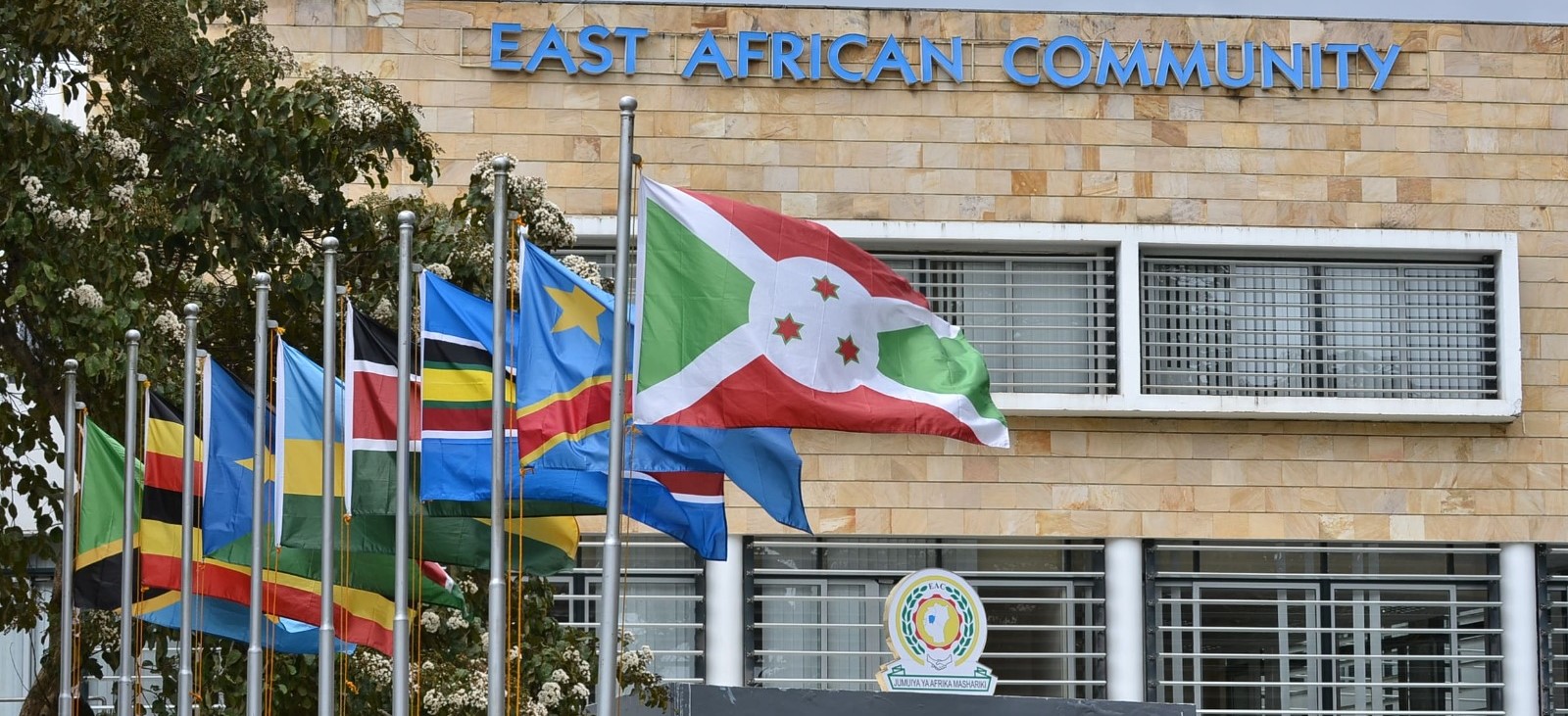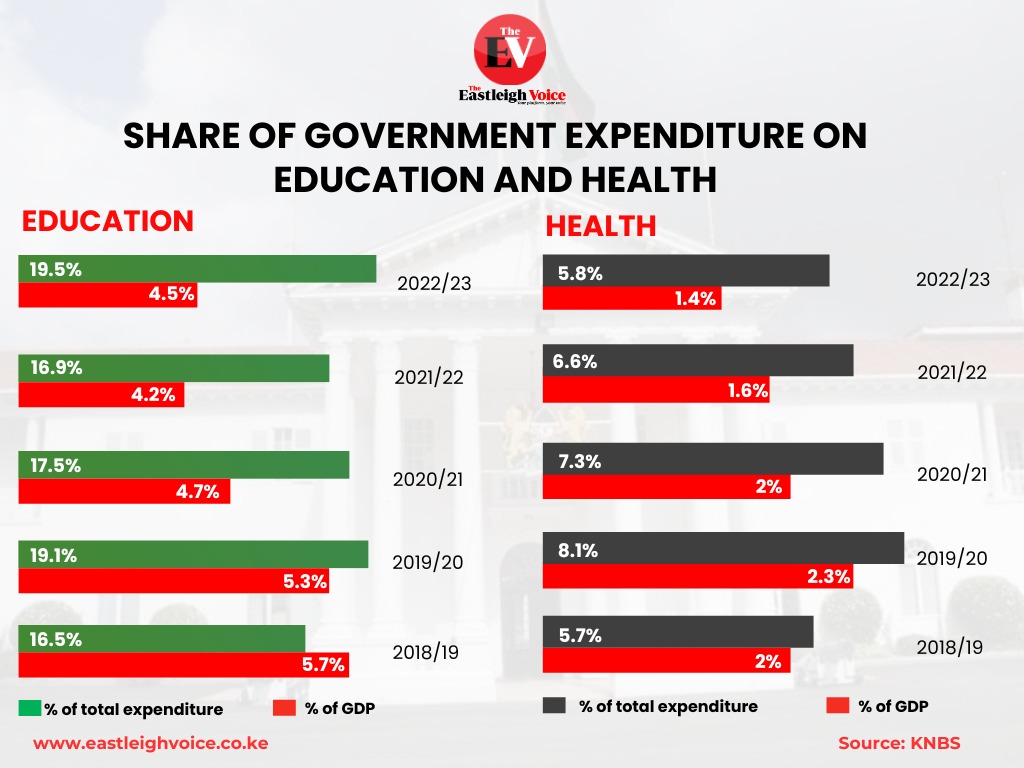EAC and IOM collaborate to combat cross-border disease outbreaks

These outbreaks have led to the breakdown of public health systems in some countries, overwhelming them to the point of being unable to cope effectively.
The East African Community (EAC) Secretariat has announced a strategic partnership with the International Organization for Migration (IOM) aimed at enhancing cross-border health security and improving responses to disease outbreaks within the region.
This collaboration is crucial in addressing the adverse effects of health security issues and disease outbreaks in border areas, which have significantly impacted the region's more than 300 million residents.
More To Read
- EAC's Nairobi summit pushed to January amid regional tensions
- Kenya criticises ‘over-judicialisation’ after East African Court of Justice blocks EU trade deal
- IOM launches global campaign to support human trafficking survivors
- East African Court postpones swearing-in of nine Somali legislators to EALA
- Museveni clarifies Indian Ocean comments after Kenya downplayed war talk
- Interpol flags online advertisements offering costly crossings into Europe
In recent years, the East African region has faced cross-border health security challenges and disease outbreaks such as cholera, Ebola, and the COVID-19 pandemic.
These outbreaks have led to the breakdown of public health systems in some countries, overwhelming them to the point of being unable to cope effectively.
To address these challenges, a workshop has been convened in Zanzibar, Tanzania, from July 16th to 19th, 2024.
This workshop aims to review the implementation of the EAC Regional Risk and Crisis Communication Strategy (2018–2019 to 2022–2023) to better inform future cross-border health awareness and improve community engagement initiatives.
"The EAC is committed to having a robust risk communication and community engagement strategy to effectively manage and mitigate risks associated with public health emergencies and other health crises," stated Dr. Eric Nzeyimana, the EAC Principal Health Officer, on Thursday.
"There are many lessons to be learned from COVID-19 and other recent disease outbreaks in our region, like Ebola and Marburg, and these will inform the development of our strategy, which will ultimately facilitate informed decision making to mitigate the effects of health threats."
The workshop also aims to harmonise various regional Standard Operating Procedures (SOPs) related to risk communication and community engagement.
These standardised procedures will cover critical communication aspects such as risk communication planning, community engagement methodologies, and cross-border information sharing, while also addressing gender disparities and promoting human rights in health interventions.
"Effective risk communication and community engagement approaches are essential for managing public health threats and ensuring safe cross-border mobility. By developing inclusive risk communication and community engagement standard operating procedures, we can foster a more effective response to public health threats across borders in the region to protect the health and well-being of communities along the mobility continuum," said Viviane Kuissi, IOM's Regional Migration Health Specialist for the East, Horn, and Southern Africa region.
The harmonised regional guidelines are expected to guide the EAC Partner States in implementing best practices in community-based disease prevention and response at points of entry where there are significant numbers of cross-border interactions.
Strengthening risk communication and community engagement capacity is further expected to build cross-collaboration and trust, address misinformation, and better protect the health of all people in the region, including migrants.
Supported by the IOM Development Fund, the workshop builds upon the EAC's Strategic Roadmap for Health Programming at Points of Entry (POEs) and the IOM's Health, Border, and Mobility Management Framework, which aim to strengthen cross-border health governance, leadership, and coordination.
Top Stories Today













































